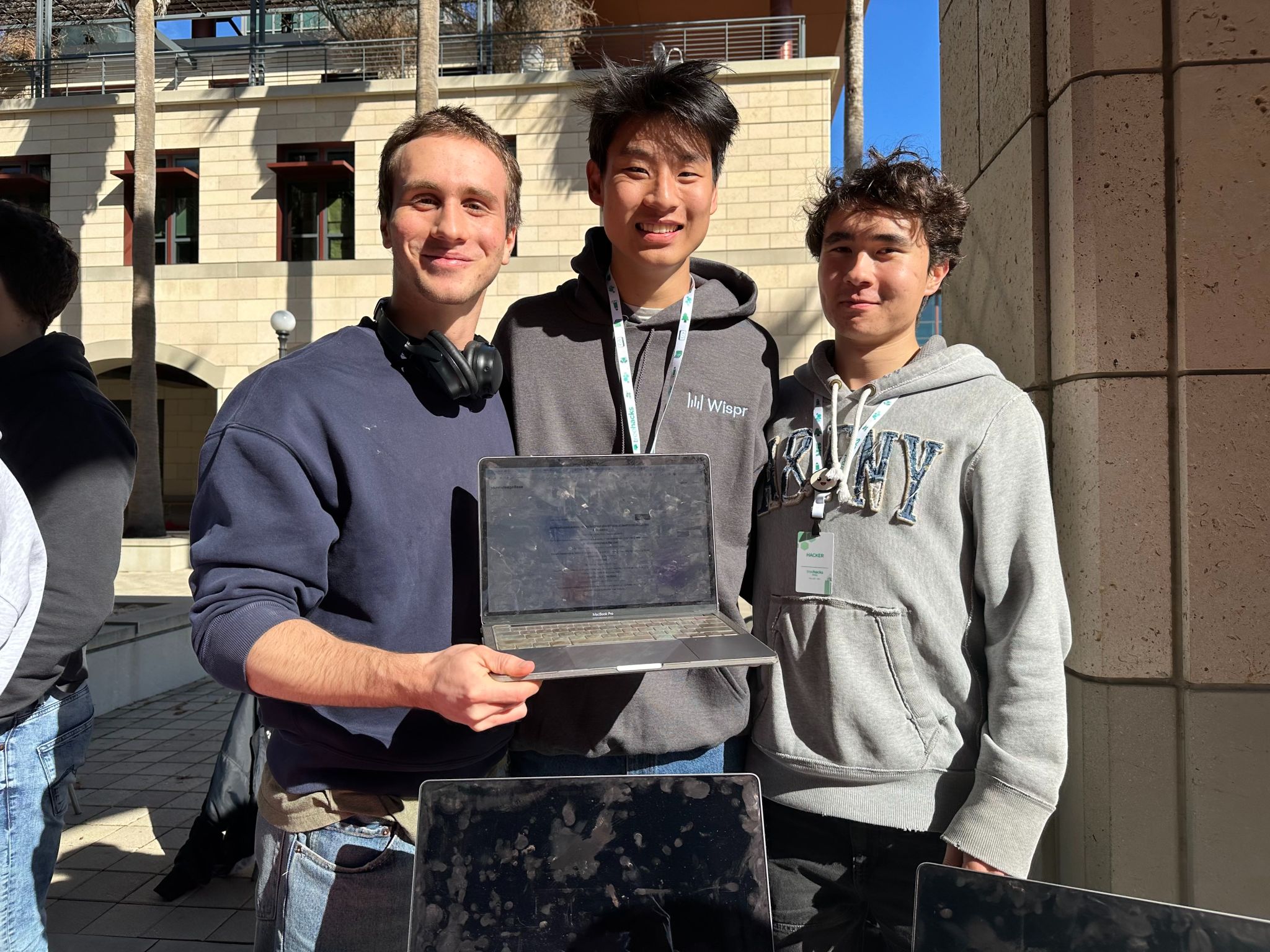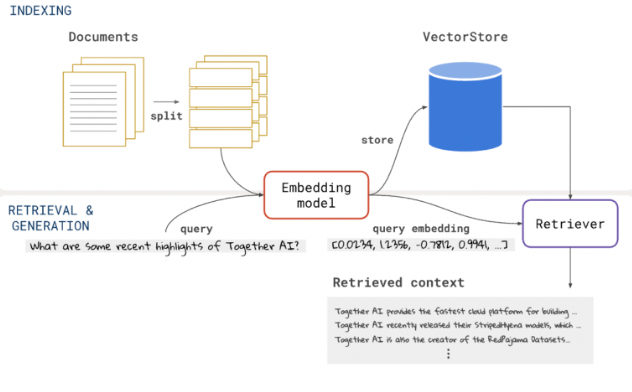Ethan Lam B.S. ’25 Wins Best Decentralized App Award at TreeHacks 2024

During Stanford’s premier hackathon TreeHacks 2024, Ethan Lam, a third-year Berkeley IEOR student, and his team won the Best Decentralized App Award on the Ava Labs sponsor track. Their project, zKnowledge Base, is a social publishing platform aimed at democratizing research paper access through decentralized storage of research papers and a vibrant community. Their success earned them a spot as the sole collegiate startup in Ava Labs' Codebase accelerator program, accompanied by a grant. Now, they are gearing up to showcase their platform at Consensus 2024 in Austin, Texas, this May. Stay updated and join the waitlist to gain exclusive access by signing up at fivew.xyz.
Q&A with Ethan Lam
What inspired you to create zKnowledge Base, and can you briefly outline the project's key features and its impact on democratizing research paper access?

zKnowledge Base (fiveW) was inspired by one of my teammates’ experience during the bus ride up from USC for TreeHacks 2024. As he scrambled to finish a psychology paper due, he struggled to find articles to cite due to the fragmented landscape of paywalled academic journals.
At the hackathon, we delved deeper into his problem and discovered that this was a common issue. Researchers faced struggles including expensive author publication costs, limited publishing permissions, and editing driven by commercial priorities. This issue needed tackling.
Our dream is to democratize access to research papers, making them freely available for reading and open-source contributions, while easing the publishing process for researchers. zKnowledge Base is a social publishing platform for research papers, giving power back to the researchers and facilitating a vibrant research community. The platform’s key features include easy PDF download (and upload) of research papers stored on the IPFS blockchain, a powerful semantic search engine prioritizing content relevance, and secure storage of Content IDs on the Avalanche Blockchain. Later, we hope to add a communities tab for users to interact with researchers and a comprehensive peer review system incentivizing speedy and accurate peer reviews.
Our project won recognition for its innovation, securing the Best Decentralized App award on the Ava Labs sponsor track at the TreeHacks. Additionally, we earned a spot as the only collegiate startup in Ava Labs' Codebase startup accelerator program and received a 5-figure stipend. We recently had our welcome week in Lisbon, Portugal and look forward to demoing our platform at Consensus 2024 in Austin, Texas at the end of May. In the meantime, sign up for our waitlist at fivew.xyz!
As an award-winning project at TreeHacks 2024, what are the next steps for zKnowledge Base in terms of development, testing, and potential deployment?
After winning at TreeHacks 2024, zKnowledge Base is becoming a startup. Me and my hackathon teammate Thor will continue engaging researchers to understand their needs, as well as developing and scaling our project. As part of Codebase, we had a Welcome Week in Lisbon, Portugal, followed by a 12-week building phase with handpicked startup mentors on the Avalanche blockchain. The program ends with a pitch to a panel of venture capitalists at the Consensus 2024 conference in Austin, Texas at the end of May, with the prize being additional equity funding. Along the way, we’ll be extensively testing and developing our platform, getting it ready for launch. Currently, we are working on a feed for research papers, a place to explore pre-prints and thoughts from your favorite researchers, and a community hub. We are looking for researchers to beta our platform, and if you are interested, shoot me an email at ethanmlam@berkeley.edu.
Can you elaborate on the integration of AI in zKnowledge Base's custom semantic search engine? How does the system understand and process the content of research papers to provide more relevant search results, and what challenges did your team face in implementing this feature during the hackathon?

At zKnowledge Base, our search engine utilizes together.ai-powered vector embeddings to significantly enhance search relevance and efficiency. Vector embeddings are a way of representing data as points in n-dimensional space so that similar data points cluster together. With together.ai, we can effectively summarize the most pertinent words and concepts within the papers, converting each paper into one very long vector. This better captures the paper’s topic and enables more accurate search results, as opposed to other methods like counting keywords within the title and abstract. Then, we can perform the same process on the user’s search and find the 5 nearest papers in our database through cosine similarity. These papers are then displayed on our front end.
The implementation of these features posed challenges, particularly in debugging the integration of various technologies (ChromaDB, LangChain, together.ai) and prioritizing of the most effective solutions.
What advice would you offer to students interested in participating in conferences, based on your successful experience at TreeHacks?
Hackathons and conferences are a much better experience if you actively seek out new people and express genuine interest in the sponsors. Exhibitors and sponsors have paid large amounts of money to speak and have an interest in seeing you succeed. In fact, my project was only possible thanks to mentors at Ava Labs, together.ai, Bun, and QED and their debugging + system design feedback.
After attending the Consumer Electronic Show (CES) 2023 and 2024, I’ve learned to set clear goals for what I want out of the conference as well as research the event, attendees, and potential contacts. I review the conference schedule and reach out to interesting people beforehand. By being proactive and organized, I put myself in the best position to make meaningful connections and maximize my conference experience.